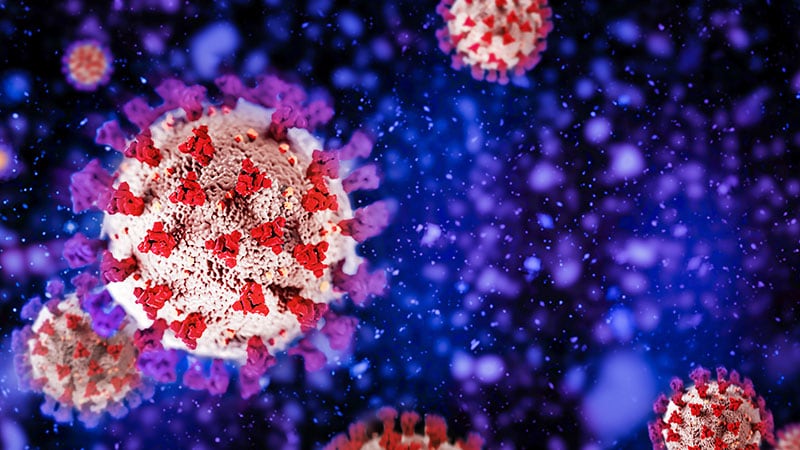Pioneering Neurologist Shares Insights on Long COVID, POTS, and the Autonomic Nervous System
Svetlana Blitshteyn, a neurologist and the founder of the Dysautonomia Clinic, has been at the forefront of understanding and treating patients with postural orthostatic tachycardia syndrome (POTS) and other autonomic disorders long before the COVID-19 pandemic.
In this interview, Blitshteyn discusses her early experiences with POTS and how she recognized the similarities between post-infectious POTS and the symptoms seen in many Long COVID patients. She emphasizes the importance of a thorough history and a simple 10-minute standing test to diagnose autonomic dysfunction, rather than relying on more complex and inaccessible tests like the tilt table test.
Blitshteyn explains the potential mechanisms underlying the impact of SARS-CoV-2 on the autonomic nervous system, including inflammation, autoimmunity, mitochondrial dysfunction, and the involvement of small fiber neuropathy and mast cells. She also highlights the challenges in distinguishing "pure" POTS from POTS accompanied by other Long COVID symptoms, and the need for a multifaceted approach to treatment.
Blitshteyn shares her experience with various pharmacological and non-pharmacological interventions, such as low-dose beta blockers, vagus nerve stimulation, and immunotherapy. She emphasizes the importance of recognizing and addressing the underlying causes, rather than just treating the symptoms.
The discussion also touches on the emerging research on the role of the vagus nerve and the gut-brain axis in regulating the immune system, and the potential of repurposed medications like GLP-1 agonists in managing Long COVID and POTS.
Blitshteyn strongly advocates for the recognition of Long COVID and POTS as legitimate, physiological conditions, rather than dismissing them as psychiatric or functional disorders. She emphasizes the need for dedicated research and clinical trials to develop effective treatments for these debilitating conditions.
Mukauta tiivistelmää
Kirjoita tekoälyn avulla
Luo viitteet
Käännä lähde
toiselle kielelle
Luo miellekartta
lähdeaineistosta
Siirry lähteeseen
www.medscape.com
Opinion: On the Front Line With Long COVID and POTS
Tärkeimmät oivallukset
by Eric Topol klo www.medscape.com 06-03-2024
https://www.medscape.com/s/viewarticle/opinion-svetlana-blitshteyn-front-line-long-covid-and-pots-2024a1000a76
Syvällisempiä Kysymyksiä
